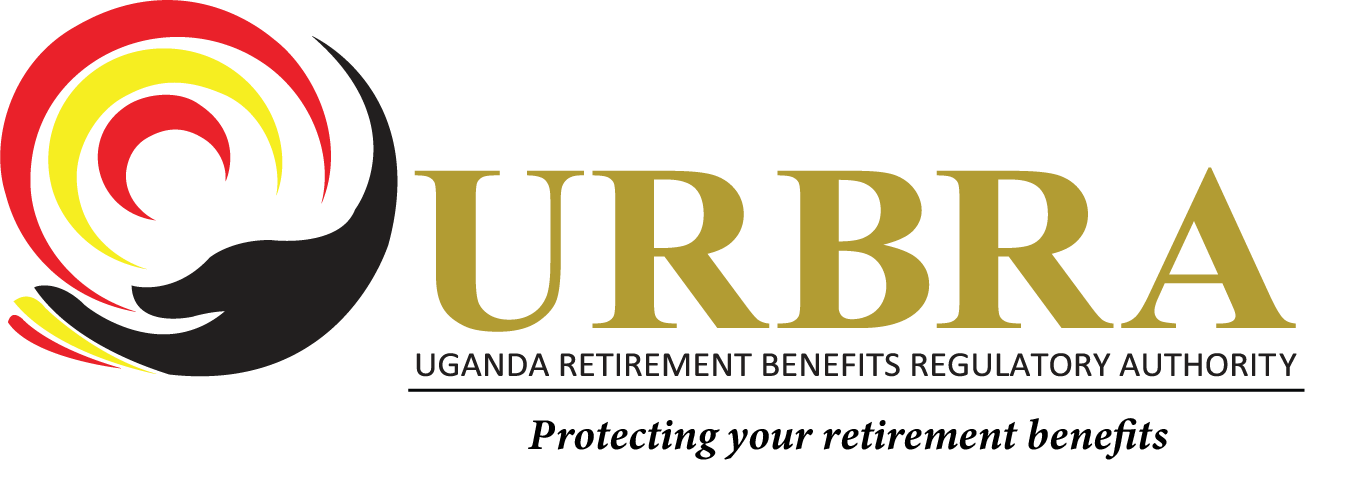FREQUENTLY ASKED QUESTIONS ON THE URBRA (ASSIGNMENT OF RETIREMENT BENEFITS FOR MORTGAGES AND LOANS) REGULATIONS 2022
This is any charge or lien (legal right over property) or any estate or interest in land in Uganda for securing the payment of an existing or future or contingent debt or other money or money’s worth or the performance of an obligation and includes a second or subsequent mortgage, a third-party mortgage and a sub mortgage.
The total amount of the beneficial interest of a member in a retirement benefits scheme.
An arrangement under which an institution acquires from a member a right or interest to a portion of the accrued benefits of the member at the date of issuance of the assignment, enforceable against the retirement benefit scheme.
An individual who has been a member of a licensed retirement benefit scheme for at least 10 years.
A member can assign a proportion of their retirement benefits only for the purpose of purchasing a residential house for themselves.
This means to acquire a residential house, construct a residential house, alter a residential house and securing financing or waiver for deposits, stamp duty, valuation fees and legal fees.
A member can only assign up to a maximum of 50% of their accrued benefits or a portion that is equivalent to the market value of the residential house whichever is less.
Yes, it does. It applies to both mandatory and non-mandatory retirement benefit schemes.
A member may issue an assignment to institutions licensed under the Financial Institutions Act, Microfinance Deposit Taking Institution Act and any other institution providing residential house facilities recognised under the written Laws of Uganda.
The member interested in assigning their accrued retirement benefits is responsible for negotiating their mortgage terms with the financial institution of their choice.
No, it has not. Due to the freedom to contract the regulator has left the negotiation of loan terms to the member interested in assigning this benefit. However, depending on the working relationship with the various financial institutions and the members of the schemes, licensed retirement benefits schemes may benefit from the good will established over a period of time.
A member can only make one assignment at a time to a financial institution of their choice.
Yes, Schedule 2 and 3 of the Regulations have standard forms of a deed of assignment and application form to be filled by the member and trustees accordingly.
A member may assign their accrued benefits to a lending institution licensed under the Financial Institutions Act, Microfinance Deposit Taking Institutions Act and any other institution providing residential house facilities under written law.
The cost of on-spite inspection will be borne by the member that applies to the Trustees of their respective scheme to assign their accrued benefits to an institution for the purpose of purchasing a residential house.
In the event of a member’s death, the Administrator or Executor of the deceased’s estate may either opt to pay off the outstanding balance or they may follow up the Trustees to pay off the outstanding loan using a portion of the deceased member’s assigned accrued benefits.
There is no limit to the number of houses a member can acquire under the law.
Yes, a member can assign his/her benefits for a mortgage or loan that existed before the commencement of the Mortgage regulations. upon application to the trustees in the manner prescribed in the scheme rules, assign his or her accrued benefits to an institution as security for the mortgage or loan.
The repayment period for a mortgage or loan for purchasing a residential house shall not exceed 20 years.
The Trustees shall pay the outstanding portion of the facility to the financial institution using the assigned accrued benefits.
The facility may be transferred to another retirement benefits scheme as long as the receiving scheme has provisions for issuance of assignments.
Download Pdf below:



